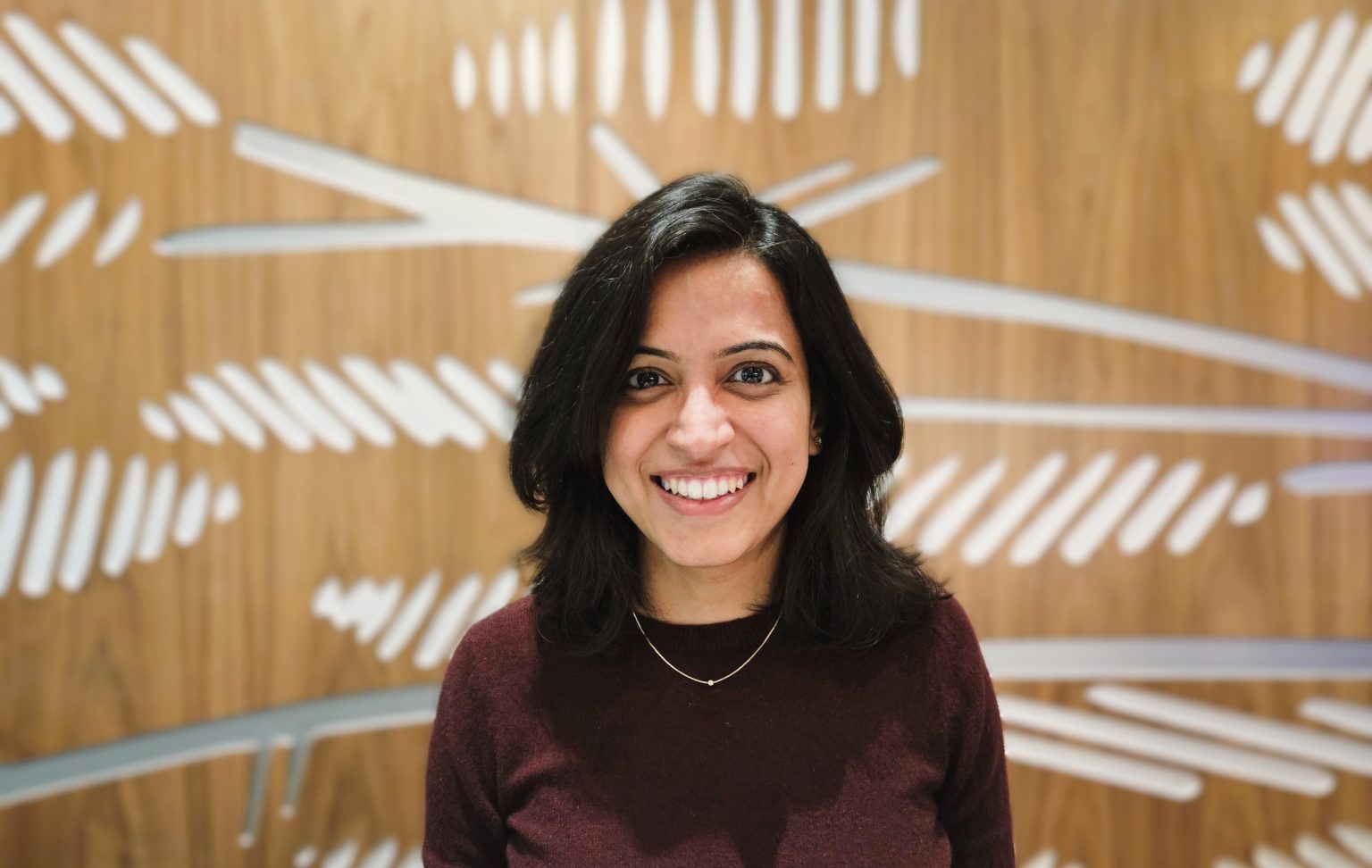Priyanka Kulkarni, former Microsoft employee, decided to strike out on her own after being offered a spot at the AI2 Incubator in Seattle. However, due to her status as a foreign national working in the U.S. on temporary work visas, she had to go through the process of obtaining an EB-1 visa, also known as an “Einstein visa.” This visa is granted to individuals with extraordinary abilities and is a pathway to becoming a resident. The lengthy process of obtaining the visa inspired Kulkarni to create a business that could simplify the immigration application process for others.
In April, Kulkarni launched Casium, a startup that utilizes artificial intelligence to streamline the immigration application process for both businesses looking to hire talented workers and founders creating startups. The platform uses algorithms to assess the best route for an applicant, autonomously gather information, prepare the necessary documents, and work with immigration attorneys to guide the process. Kulkarni’s vision for Casium is to drastically reduce the timeline for visa applications, from months to days, providing a high-quality service in pursuit of each case.
Casium is not the only company working to improve the legal immigration experience. Seattle startup Boundless Immigration, spun out of Pioneer Square Labs in 2017, also helps immigrants connect with lawyers and file applications for spousal visas and U.S. citizenship. However, Casium aims to differentiate itself through its proprietary AI technology, which allows it to handle complex, non-standard cases. Despite not raising any outside capital, Casium receives support from AI2 Incubator and currently has a team of about six people.
While Casium’s technology replaces some of the work done by legal experts, Kulkarni notes that many attorneys practicing alone or in small firms struggle with managing the tedious paperwork required for visas. She explains that more attorneys are wanting to work with Casium because it allows them to focus on the strategic and advisory aspects of the immigration process, while Casium takes care of the operational pieces. Kulkarni remains optimistic about the growth of immigration for skilled workers and family members, regardless of potential policy changes following the presidential election, emphasizing that the “American Dream” is still a strong motivator for many.
Kulkarni is determined to transform the immigration industry by leveraging AI technology to provide efficient and reliable services to applicants and employers. She believes that there is a significant opportunity to revolutionize the process of applying for work visas and permanent residency, and is focused on making Casium a trusted and effective partner in navigating the complexities of the immigration system. As the founder and CEO of the startup, Kulkarni is committed to driving positive change in the immigration sector and helping individuals achieve their goals of working and residing in the U.S.












